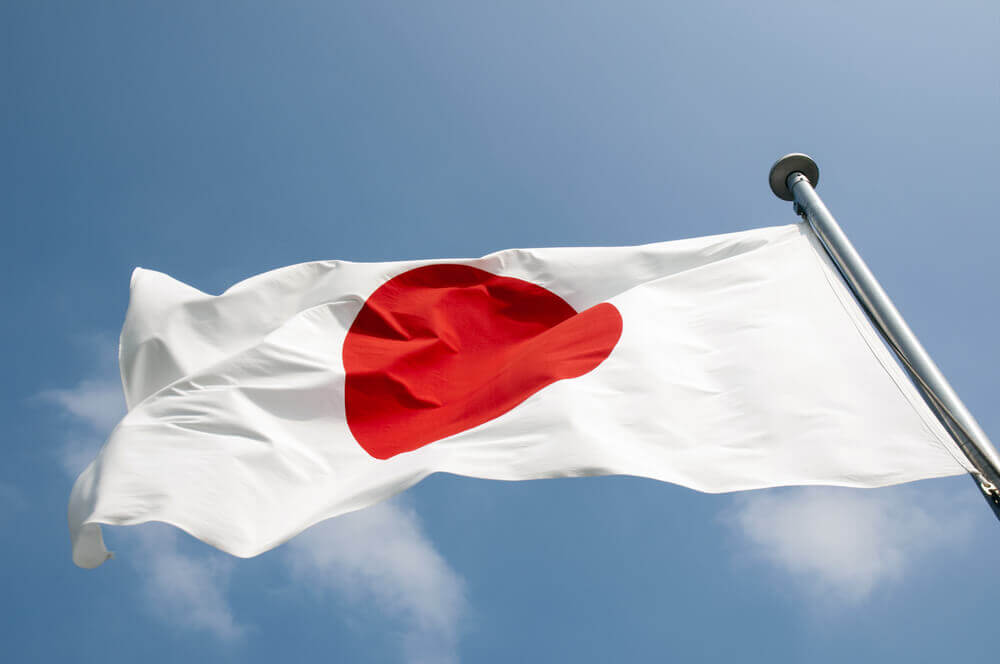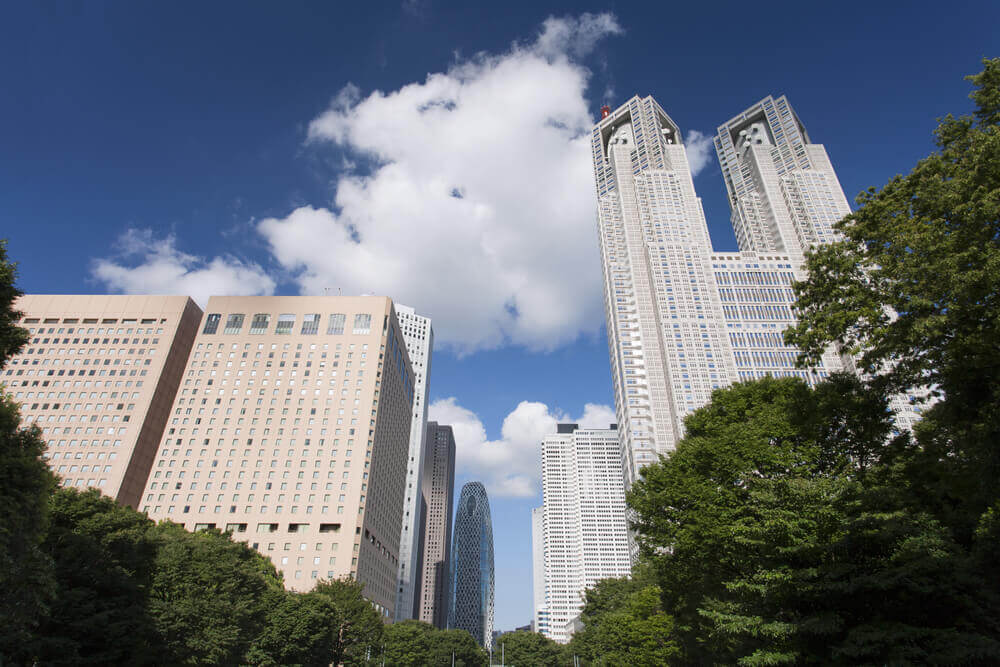
Japan Government Tax Hike Doesn’t Help Inflation
The tax hike boost from the Japan government did very little as seen in the latest performance of the economy. Yesterday, the Japanese core inflation report and other economic data showed stagnant figures.
According to the Statistics Bureau, the Japanese national core consumer price index inched up from 0.3% to 0.4% on a year-over-year basis in October. The Japanese CPI may have met projections, but it still disappointed some local investors.
The weak and unflattering figures came in despite the sales tax hike from the Japan government last month.
This means that the weakening sentiment in Japanese households holds companies from ramping up their prices.
The results evidently show the struggles that the Bank of Japan is currently facing just to support inflation. This also concerns traders whether it would be able to reach its elusive target of 2% inflation this year.
The slowing global demand caused by multiple geopolitical tensions across the world is making a dent in the economy. The export-reliant economy and the Japanese yen have been one part of the collateral damage brought by the unending bickering of countries.
Both the Japan government and the central bank have tried to buoy up growth.
Japanese Prime Minister Shinzo Abe pushed a sale tax hike in effect to restrain Japan’s alarming public debt. The toll went up from 8% to 10% last month.
If the economy continues to be stagnant, it would force the BOJ to keep its ultra-loose monetary policy. According to an economist, the BOJ won’t reach its 2% inflation goal if it tightened its monetary policy given the weak service prices.
The Japan government also introduced free child-care to its people to ease the toll of tax increase.
Struggling Factory Activity
 Aside from the stagnant consumer inflation, another thing than Tokyo should worry is its slowing factories. Japan’s factory activity contracted again, for the seventh month in a row, this November.
Aside from the stagnant consumer inflation, another thing than Tokyo should worry is its slowing factories. Japan’s factory activity contracted again, for the seventh month in a row, this November.
Domestic and export demand continue to burden the once lively manufacturing sector of the country.
Top that with the tax hike from the Japan government, manufacturers are, of course, struggling to pick up.
The Jibun Bank Flash Japan Manufacturing Purchasing Managers’ Index only inched up from 48.4% to 48.6% this month.
Despite inching up, it’s still below the 50-point mark that distinguishes contraction from expansion. It has been here for seven months now, alarming investors and workers.
If the last report, which is due early in December, shows another contraction, it would be the longest streak. The last time that Japanese factories faced 8 consecutive contractions was back in June 2012 to February the next year.
According to local reports, the total factory output and new orders for the month has gone down again. However, its contraction is slower than in the previous months.
Again, the main culprit for the slowdown is the US-China trade war, which helped slow down the global and domestic demand.
Another worry for the Japan government and the manufacturing industry is South Korea boycotting the country. With South Korean businesses pulling out Japanese products, its likely that Japan will face one of the gravest economic repercussions.




